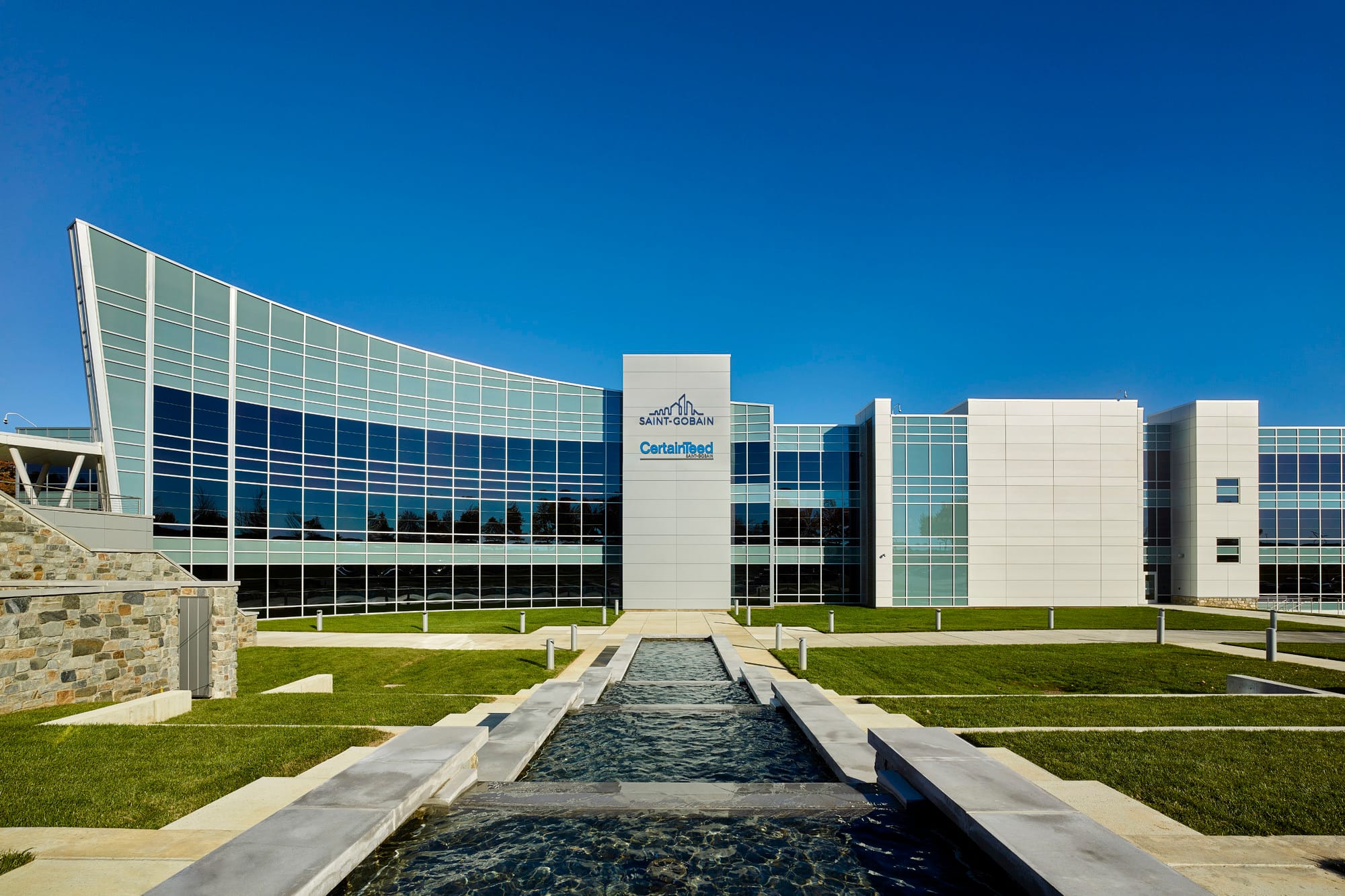In recent weeks, the political landscape surrounding major tech companies has become increasingly complex, with leaders often finding themselves navigating the turbulent waters of public opinion and corporate responsibility. One of the most notable developments in this arena has been the public criticism directed at Mark Zuckerberg, the CEO of Meta Platforms, Inc., by one of his own board co-chairs. This critique centers around Zuckerberg’s apparent alignment with certain MAGA (Make America Great Again) ideologies, which has sparked a significant debate within the company and among its stakeholders.
The co-chair’s comments come at a time when Meta is already facing scrutiny over its role in shaping public discourse and its influence on political polarization. The board member expressed concerns that Zuckerberg’s political makeover could alienate a substantial portion of the user base, which is diverse and often politically varied. This internal dissent highlights the challenges that tech leaders face as they attempt to balance personal beliefs with the broader implications of their corporate decisions.
Zuckerberg’s shift towards more conservative viewpoints has been interpreted by some as a strategic move to align with a segment of the American electorate that feels disenfranchised by mainstream politics. However, this alignment has not been without its critics. The co-chair’s remarks suggest that there is a growing concern within Meta’s leadership about the potential ramifications of such a shift, particularly in terms of user trust and brand reputation.
The implications of this internal conflict extend beyond mere boardroom disagreements. As Meta continues to grapple with issues related to misinformation, data privacy, and user safety, the company’s leadership must navigate the delicate balance between political engagement and corporate responsibility. The co-chair’s critique serves as a reminder that the decisions made at the top can have far-reaching consequences, not only for the company’s bottom line but also for its social license to operate.
Moreover, the timing of these comments is particularly significant. With the 2024 presidential election on the horizon, the political climate is charged, and companies like Meta are under increased scrutiny regarding their role in the electoral process. The co-chair’s concerns reflect a broader anxiety about how corporate leaders engage with political movements and the potential backlash that can arise from perceived partisanship.
In response to the criticism, Zuckerberg has maintained that his political views are personal and do not necessarily reflect the company’s stance. However, the co-chair’s remarks suggest that there is a growing belief among some board members that the CEO’s personal beliefs could inadvertently shape the company’s policies and practices. This raises important questions about governance and the extent to which personal ideologies should influence corporate strategy.
As the situation unfolds, it remains to be seen how this internal conflict will impact Meta’s operations and public perception. The company has already faced significant challenges in recent years, including regulatory scrutiny and public backlash over its handling of misinformation and user data. The addition of internal dissent regarding political alignment could further complicate these issues, making it imperative for Meta’s leadership to address the concerns raised by the co-chair.
In conclusion, the public criticism from a co-chair of Meta’s board regarding Mark Zuckerberg’s political alignment underscores the complexities of leadership in the tech industry. As companies navigate the intersection of technology and politics, the potential for internal conflict becomes increasingly apparent. The outcome of this situation may not only influence Meta’s corporate strategy but also serve as a case study for other tech companies grappling with similar challenges in an ever-evolving political landscape.



